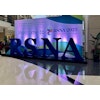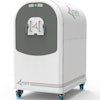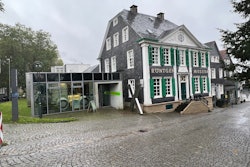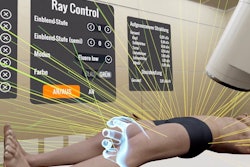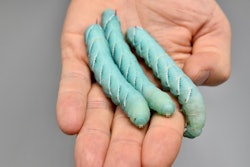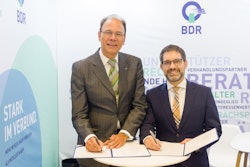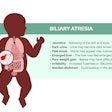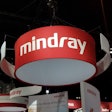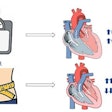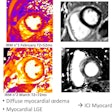The German Roentgen Society (DRG) has awarded its Alfred Breit Prize to two luminaries: Prof. Dr. Julia Schnabel from Munich and Prof. Dr. Norbert Hosten from Greifswald.
The two awardees received the honor at the DRG's 105th congress in Wiesbaden, RöKo 2024, held between 8 and 10 May. The prize recognizes "excellent work and developments that come from the field of radiological research and can make a recognizable contribution to progress in the treatment of benign and malignant diseases," the DRG said.
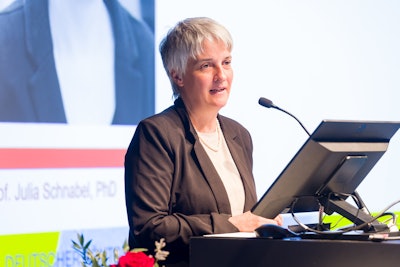 Prof. Dr. Julia Schnabel.
Prof. Dr. Julia Schnabel.
Schnabel's research focuses on the areas of complex motion modeling, image reconstruction, quality assurance, and segmentation and classification. She has been professor of computational imaging and AI in medicine at the Technical University of Munich (TUM) since 2021; since 2015, she has been professor of computational imaging at King's College London in the U.K.
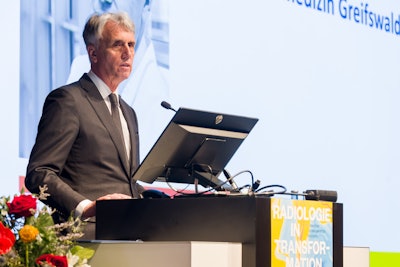 Prof. Dr. Norbert Hosten.
Prof. Dr. Norbert Hosten.
Hosten has used whole-body magnetic resonance imaging in the Study of Health in Pomerania (SHIP) at the University of Greifswald; this research has been a cornerstone for the development of the National Cohort Study (NAKO).
The DRG also announced other award winners at RöKo 2024. The Eugenie and Felix Wachsmann Prize for innovation was awarded to Dorina Petersen from Eldena in Mecklenburg-Western Pomerania and Alex Riemer from Mönchengladbach for their services to the development of medical technologists for MRI. Further prizes went to Dr. Holger Gößmann, deputy director and head of interventional radiology at Leipzig University Hospital; Dr. Theresa Mokry, senior physician in the Clinic for Diagnostic and Interventional Radiology at Heidelberg University Hospital; and Prof. Dr. Sönke Langner from ENRADIA Greifswald.
Other awards went to Prof. Dr. Marcus Katoh from the Helios Clinic Krefeld and Prof. Dr. Philipp Paprottka from the Klinikum rechts der Isar of the Technical University of Munich. Also, Prof. Katharina Fischbach from Magdeburg and Dr. Sebastian Reinartz from Düsseldorf received the Hermann Rieder Medal for the initiation and development of the radiological teaching model, InstaRAD, which shows how virtual teaching models can be successfully implemented in radiology. The DRG's Walter Friedrich Prize went to Dr. Keno Bressem from the Technical University of Munich.

